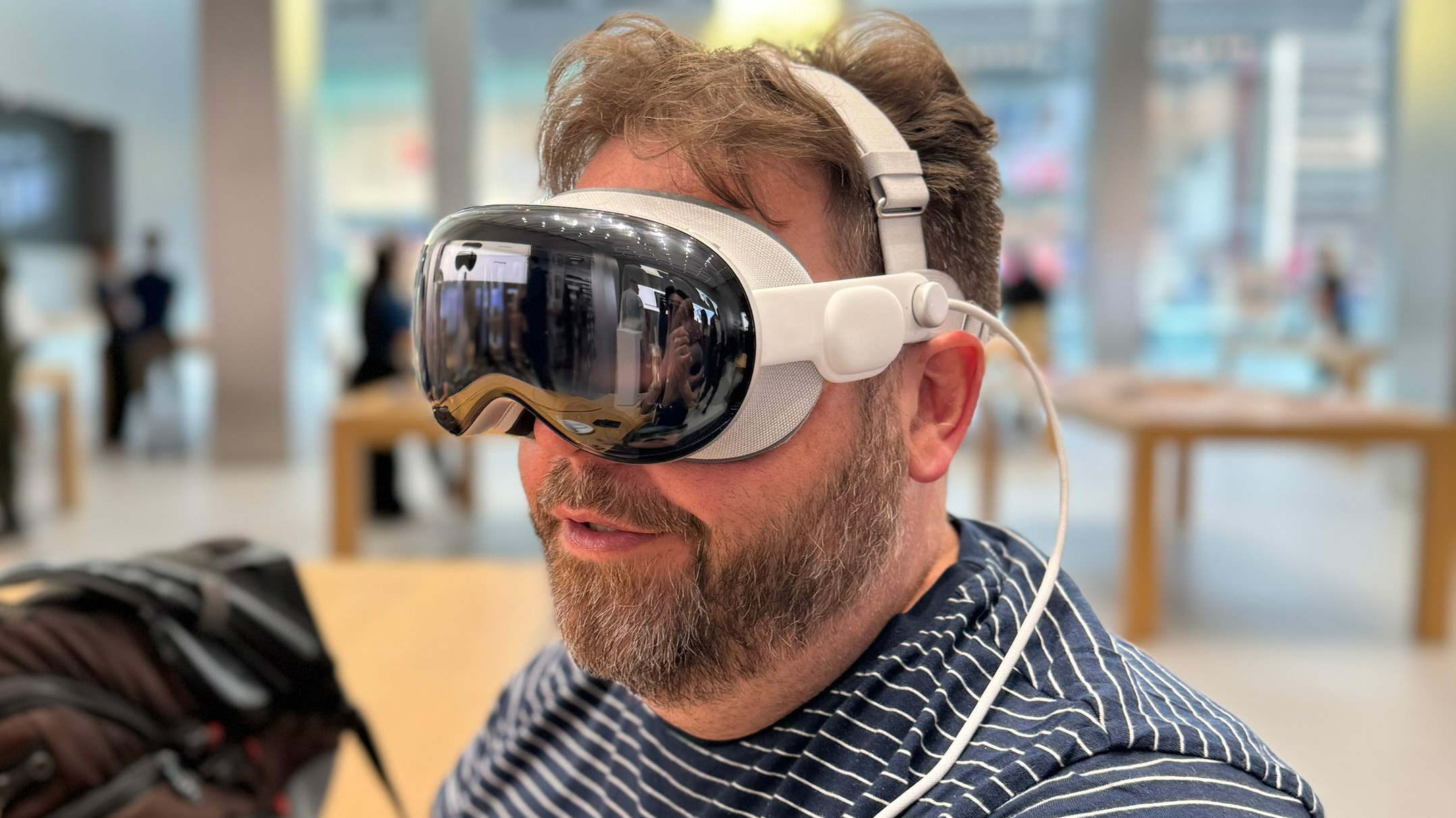
Meta scored a hit with its Ray-Ban collaboration – glasses that fit with the style of the brand but incorporate a camera. Now several sources indicate Meta is preparing the next step, codenamed Project Hypernova, which will incorporate a hidden display visible only to the wearer of the glasses.
This kind of tech, two decades ago in the realms of science fiction, then ten years ago toyed with by Google for the utterly un-chic Google Glass, now looks to be the most likely contender to replace the smartphone. In other words this might be the most revolutionary device since the iPhone.
The Ray-Ban Meta Wayfarer glasses aren't revolutionary, but their sales have been impressive because they're intuitive and provide something consumers want. At the same time, Meta has been working on much more sophisticated tech, as evidenced by the Orion glasses that weren't actually released (they had cartoonishly thick frames).
🚨: META smart glasses with vision display COMING SOONcode-name: Hypernovapriced $800 down from expected $1300They will be able to capture photos and videos, make calls, play music, all while providing real-time information about your surroundings through Meta AI. pic.twitter.com/reDkLtlQHOAugust 17, 2025
Now it seems that a real product could be coming as soon as September and what is perhaps most interesting from rumors swirling around the internet is the pricing, which has been paired back as low as it can go.
At the same time, it is expected that the new glasses will include a significantly improved 'phone grade' camera.
Cnet quoted Frederick Stanbrell, head of wearables at IDC as saying "These new premium spec Hypernova smart glasses are taking over more tasks that can be done by a phone by including things like a small screen in the bottom right of the right lens creating Meta's first augmented reality glasses available to consumers"
The analyst goes on to suggest that while these product won't, this is clearly an opening salvo in an attempt to replace the phone by Meta.

That could be very worrying news for Apple, which has not managed to price its AR product – the Apple Vision Pro – beneath $3,000, let alone below $1,000. Many in the industry – especially well-known Apple-watcher Mark Gurman – see this as the main reason the product hasn't taken off.
Power On: Apple has slow-walked the release of terrific immersive video, creating a conundrum for the Vision Pro - an in-depth look and why and where Apple goes from here. https://t.co/rgkZsDEc3SAugust 17, 2025
He has described Apple's approach as 'slow-walking', but it looks like Meta is speeding things up – so things could get very much more interesting for consumers in 2025 whether Apple wants it or not.
It is also interesting that Meta is targeting $800 instead of $1,300 – it seems unlikely the tech has simply gotten this much cheaper (though in the land of tariff changes it's impossible to know). This could also be seen as evidence that Meta has conducted research and has some idea what price point will work for mainstream adoption of AR glasses.
You might also like
Check our guide to the best camera glasses.







